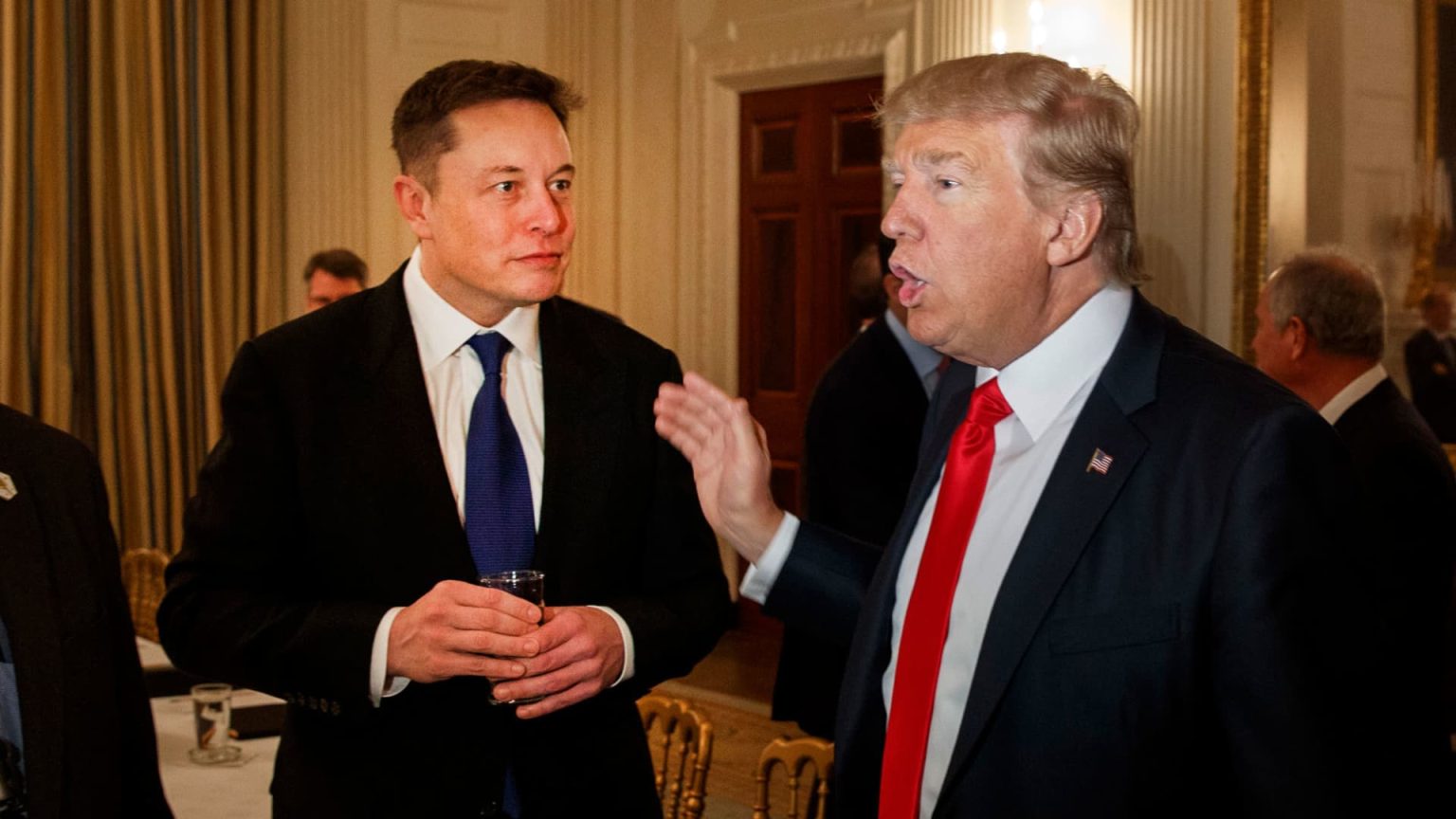Elon Musk’s endorsement of former President Donald Trump was intended to bolster Trump’s chances in the upcoming November election. However, the endorsement has faced backlash from the campaign of Vice President Kamala Harris, who has criticized Musk’s anti-worker stance. Democratic strategists view the Musk-Trump alliance as highlighting Trump’s weaknesses and energizing the Democratic base against him.
Musk’s endorsement was expected to significantly impact the election due to his high profile and influence. However, the aftermath of the endorsement has been marked by various setbacks and missed opportunities, including public disagreements over funding and internal struggles within Musk’s super PAC. The exchange between Musk and Trump about handling labor unions, which was widely publicized, has drawn criticism from the Harris campaign and labor union leaders, further fueling the Democratic opposition.
Labor unions have been vocal in their criticism of both Trump and Musk, citing their alleged anti-worker activities and disregard for workers’ rights. The criticism is seen as a key motivator for the Democratic base, particularly among union households, where Harris leads Trump by a significant margin. The focus on attacking the relationship between Trump and Musk is reminiscent of strategies used in previous elections to target candidates with casual attitudes towards worker issues.
Musk’s track record of opposing organized labor and his legal battles related to anti-worker activities at his companies have fueled the criticism against him. Critics view Musk’s endorsement as a negative impact due to his corporate background and lack of connection to the middle class. The backlash against Musk’s endorsement and his support for Trump reflects concerns over his perceived elitist views and disregard for worker rights, potentially alienating a significant portion of the electorate.
Despite Musk’s high profile and influence, his endorsement of Trump may have limited impact on swaying undecided voters in a highly polarized political environment. Musk’s ownership of X, a social media app, adds to his potential influence, but the app’s reach remains smaller compared to other platforms, limiting his ability to shape public opinion. Musk’s fluctuating enthusiasm for Trump and his conflicting statements about financial contributions have raised doubts about the sincerity and impact of his endorsement.
As the election draws closer, the fallout from Musk’s endorsement of Trump continues to be a topic of scrutiny and debate. Musk’s shifting stance on political endorsements and financial contributions, combined with his controversial statements and actions, have raised questions about his influence in shaping the political landscape. The ongoing criticism from Democrats, labor unions, and political analysts underscores the challenges Musk faces in balancing his corporate interests with broader political considerations.


